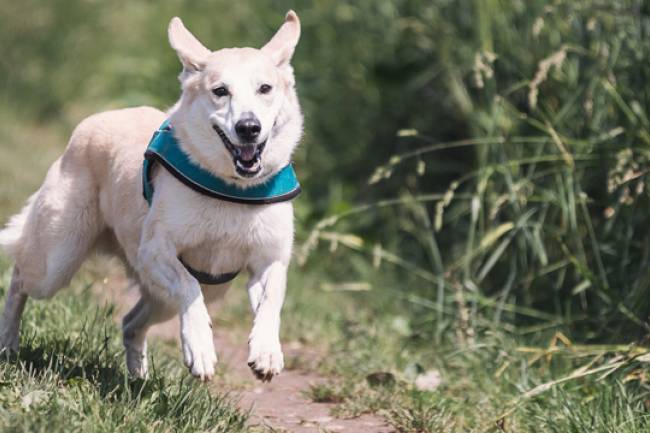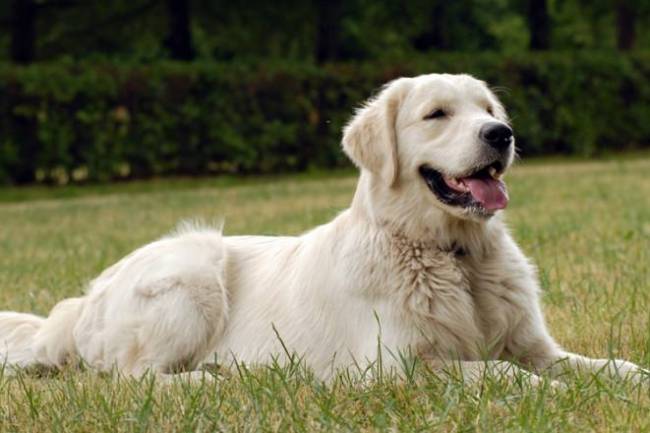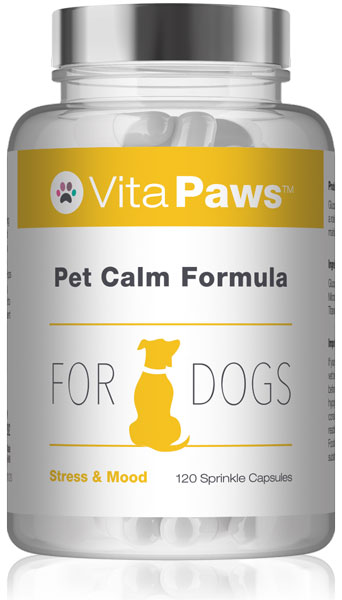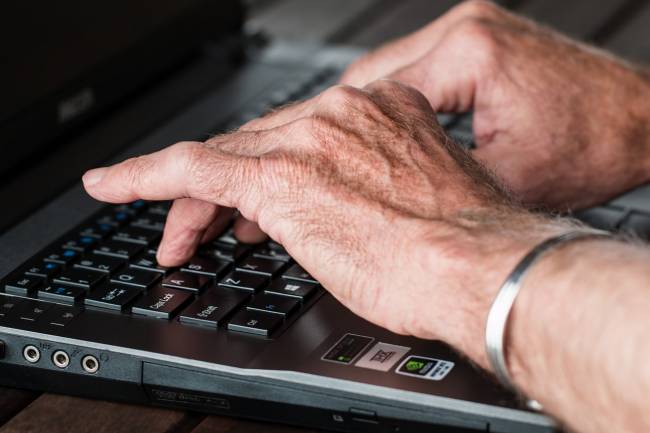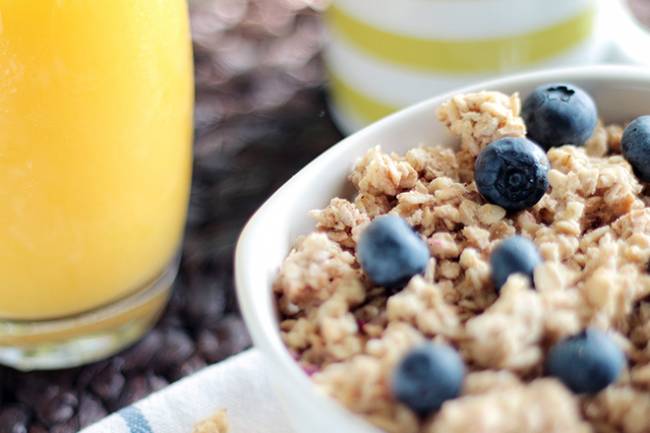Natural Remedies for Dog Anxiety
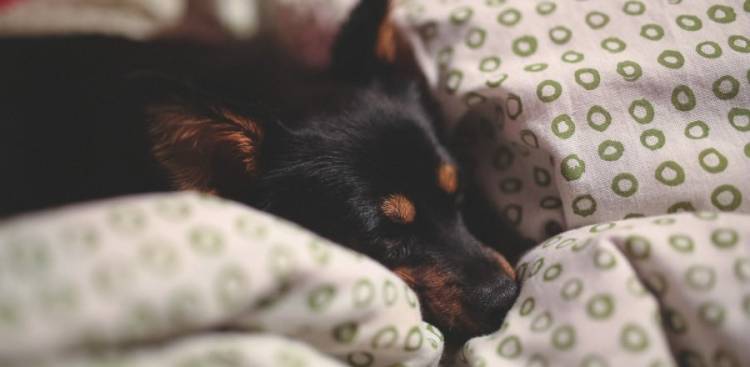
-
Separation anxiety - a dog becomes anxious when left alone or is away from its guardian, or after moving to a new residence.
-
Noise anxiety - a dog becomes fearful when exposed to loud noises, such as fireworks, thunderstorms, loud music, gunshots or traffic.
-
Travel anxiety - a dog is fearful of going on car trips.
-
Confinement anxiety - a dog gets anxious when in a small, confined space, such as a dog carrier or crate.
Signs of Anxiety in Dogs
-
Physical signs like trembling, tail tucked, hiding, rushing around, chewing things, attempts to escape, excessive licking and biting
-
Vocal signs like whining, yelping and barking
-
Bodily signs such as urinating/defecating indoors.
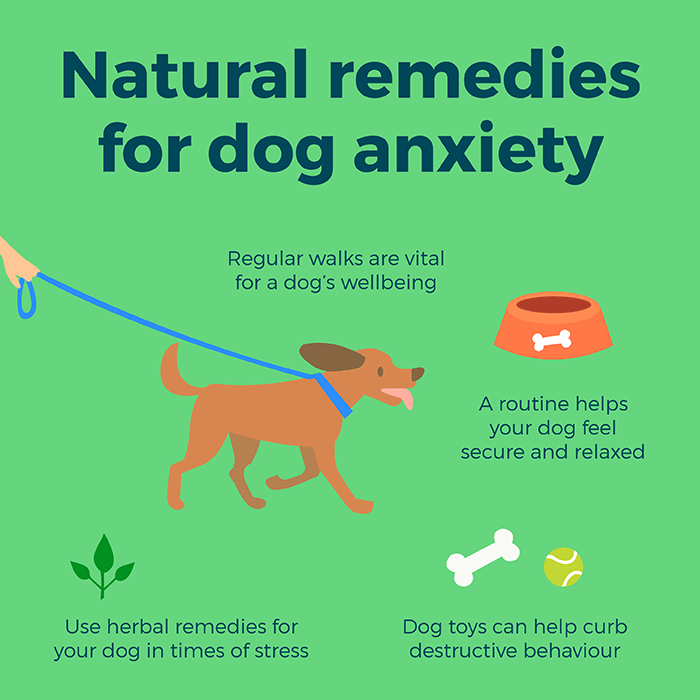
How You Can Help Reduce Your Dog's Anxiety
Stick to a routine - Often, a dog's anxiety problems can stem from uncertainty about what is going to happen. Setting a fixed routine for your dog including feeding, walking, play time, leaving the house, coming home, etc. can help your dog understand what to expect from you, and also what you expect from them.
Go for long walks - Taking your dog on walks is essential for their health and well-being, and going for extra long walks can help your dog burn off any excess nervous energy and they will get better sleep. Visiting a park that allows dogs, going jogging or running with your dog, and playing high-energy games of ‘fetch' are all ideal. If your schedule does not always allow time for lots of long walks, you could ask a family member or friend to walk your dog while you are at work, or hire a dog walker.
Provide toys - A dog left alone may destroy your household items out of stress or boredom, so it is important that you keep fragile or chewable things away from them as best you can, both for the dog's safety and yourself, and provide suitable chewing toys. They can be a great distraction for your dog if they suffer from separation anxiety, and can save your favourite pair of shoes from being ruined!
Natural remedies - If you follow the tips above and your dog still suffers from anxiety, consider a herbal remedy to help your dog feel calm and relaxed. Supplements can also be beneficial for relieving anxiety from occasional events, such as moving house, going on holiday, fireworks on bonfire night or stormy weather. There are many calming formulas available, which contain natural ingredients at levels safe for dogs.

 Nicole
Nicole 